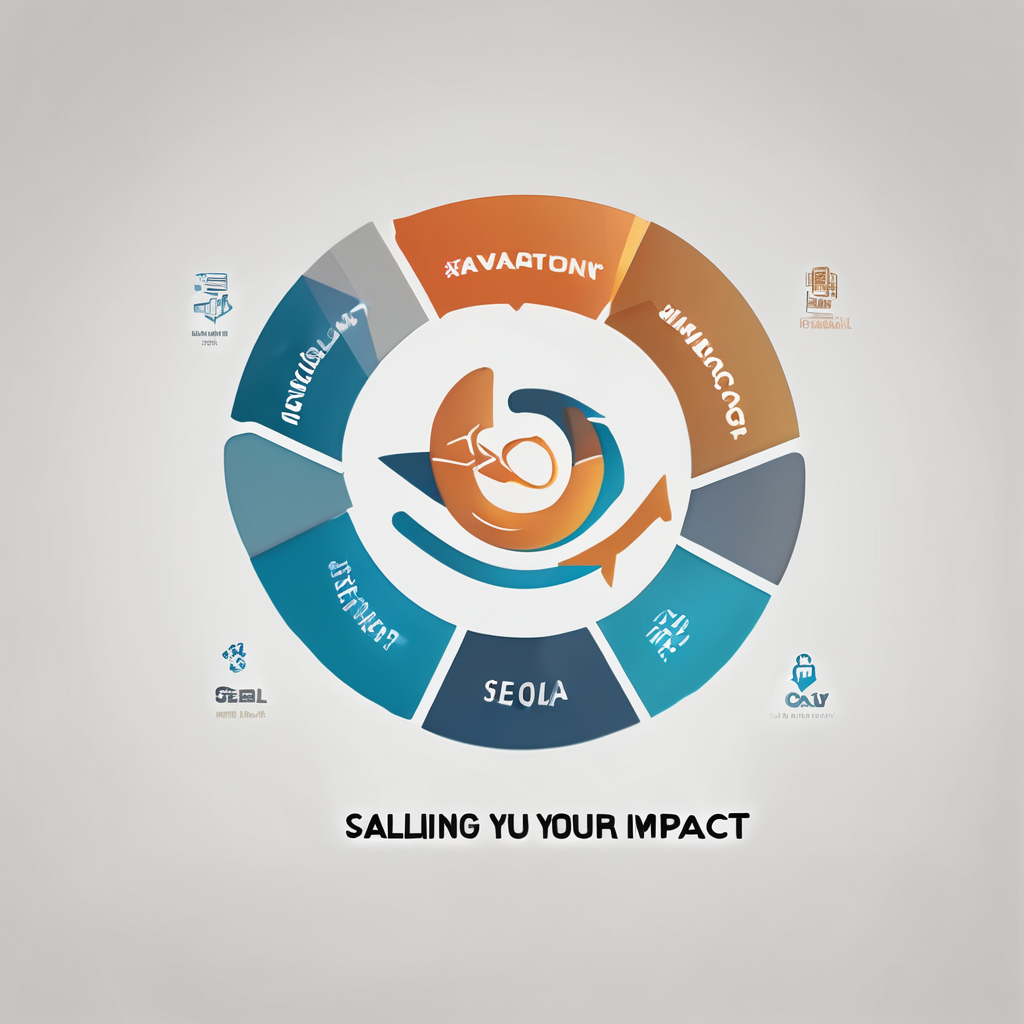In an age where digital connectivity and social media influence our every decision, tourism boards must refine their marketing strategy to attract visitors. The United Kingdom, with its rich tapestry of history, culture, and destination hotspots, is an ideal canvas for influencer marketing. But how exactly can UK tourism boards harness the power of travel influencers to increase tourism and boost local economies? This article delves into the synergy between UK tourism boards and influencer marketing, and how these partnerships can be leveraged to draw more visitors.
The Role of Influencer Marketing in the Tourism Industry
Influencer marketing has revolutionized the way businesses communicate with potential customers. In the tourism industry, this powerful tool can forge meaningful connections between travel tourism destinations and prospective travelers. Influencers, with their vast followings and authentic content, act as modern-day travel agents, sharing personal experiences and genuine recommendations.
Additional reading : Boost your business efficiency with modern label printers
Unlike traditional marketing campaigns, influencer marketing capitalizes on the trust and rapport between influencers and their followers. When a travel influencer showcases the allure of a UK destination, their audience perceives the recommendation as a personal endorsement rather than a mere advertisement. This user generated content not only broadens the reach of the destination but also enhances its credibility.
For UK tourism boards, tapping into the massive reach of influencers is akin to planting seeds in fertile soil. Travel influencers can breathe life into marketing campaigns by creating vivid, relatable, and engaging content that resonates with potential visitors. These influencers can craft immersive narratives around UK destinations, highlighting both well-known landmarks and hidden gems.
Also read : What Are the Latest Trends in Smart Home Technology for UK Properties?
Crafting Effective Influencer Marketing Campaigns for UK Destinations
Creating a successful influencer marketing campaign requires a strategic approach. Tourism boards must first identify their objectives and target audience. For instance, are they focusing on millennial travelers seeking urban adventures, or are they targeting families looking for serene countryside retreats?
Once the target audience is defined, the next step is to create partnerships with suitable influencers. These influencers should align with the destination’s brand values and have a loyal following that matches the tourism board’s target demographic. For example, an influencer specializing in historical travel would be an excellent fit for promoting UK’s historic cities like York or Bath.
The content generated by influencers should highlight the unique aspects of the destination. This content can take various forms, including blog posts, Instagram stories, YouTube videos, and even TikTok clips. It’s crucial for influencers to authentically capture their experiences, allowing their audience to visualize themselves in those very settings.
A compelling case study in this domain is the collaboration between Acorn Tourism and travel influencers to promote rural UK destinations. By showcasing stunning landscapes, local cuisine, and traditional festivals through influencer-generated content, Acorn Tourism managed to significantly increase visitor numbers to less-visited regions.
Utilizing Social Media Platforms for Tourism Marketing
In today’s digital marketing landscape, social media platforms are indispensable tools for tourism boards. Platforms like Instagram, Facebook, and TikTok have become virtual travel brochures where potential visitors can explore and get inspired.
On Instagram, tourism boards can use high-quality visuals to captivate their audience. User generated content from influencers provides an authentic glimpse into the destination’s offerings. Instagram Stories and Reels, with their ephemeral nature, create a sense of urgency and excitement around the destination.
Facebook, with its diverse user base, is ideal for more detailed content. Here, tourism boards can share influencer blog posts, event announcements, and interactive content like polls and Q&A sessions. Facebook Groups also offer a platform for potential visitors to engage with both the tourism board and each other, fostering a community around the destination.
TikTok, with its short-form video content, is perfect for capturing the attention of younger travelers. Influencers can create quick, engaging clips showcasing everything from local attractions to unique experiences. The platform’s algorithm helps this content reach a vast audience, increasing the destination’s visibility.
A well-rounded social media strategy, incorporating influencer-generated content across multiple platforms, ensures that UK tourism boards can engage with a broad spectrum of potential visitors.
The Impact of Influencer Marketing on Business and Local Economy
The benefits of influencer marketing extend beyond increased visitor numbers. By drawing tourists, these campaigns can have a significant positive impact on local business and the economy. Visitors spend money on accommodation, dining, shopping, and local attractions, providing a boost to local businesses.
Local businesses can further amplify the effects of influencer marketing by collaborating with tourism boards and influencers. For instance, a local restaurant could host an influencer dinner, which would be featured in the influencer’s content. Such collaborations create a ripple effect, as the influencer’s followers might flock to the showcased businesses, driving up sales and brand recognition.
Moreover, influencer-generated content serves as both marketing material and a form of social proof. When potential visitors see real people enjoying the destination, it reduces any perceived risks associated with travel and encourages bookings.
The influence of digital marketing in tourism is evident in the success stories of various UK destinations. For instance, campaigns featuring travel influencers have rejuvenated interest in cities like Liverpool and Bristol, showcasing their vibrant cultural scenes and attracting a new wave of visitors.
Measuring the Success of Influencer Marketing Campaigns
One of the key challenges in influencer marketing is measuring its effectiveness. UK tourism boards must establish clear metrics to evaluate the success of their campaigns. Metrics such as engagement rates, reach, and conversion rates provide a quantitative measure of an influencer’s impact.
Engagement rates, including likes, comments, and shares, indicate how well the content resonates with the audience. A high engagement rate suggests that the content is compelling and has struck a chord with viewers.
Reach, or the number of people who see the content, is another crucial metric. Influencers with a large following can significantly expand a destination’s visibility, but it’s also important to consider the quality of this reach. Micro-influencers, with smaller but highly engaged followings, can sometimes drive more meaningful engagement.
Conversion rates track the number of users who take a desired action, such as visiting the tourism board’s website, booking a trip, or following the destination’s social media accounts. These metrics provide a direct link between influencer marketing efforts and tangible outcomes.
In addition to these quantitative measures, qualitative feedback from visitors can offer insights into the campaign’s impact. Surveys and reviews from tourists can highlight what aspects of the influencer’s content influenced their decision to visit and what improvements could be made for future campaigns.
In the ever-evolving landscape of tourism marketing, influencer marketing stands out as a powerful tool for UK tourism boards. By leveraging the authenticity and reach of travel influencers, tourism boards can create compelling content that resonates with potential visitors and showcases the unique charm of UK destinations.
From crafting strategic campaigns and utilizing social media platforms to collaborating with local businesses and measuring success, there are numerous ways for tourism boards to harness the full potential of influencer marketing. By doing so, they can not only attract visitors but also drive economic growth and foster a thriving tourism industry.
Influencer marketing represents a bridge between destinations and travelers, offering a genuine and engaging way to explore and experience the UK. As tourism boards continue to innovate and adapt to the digital age, the collaboration with influencers will undoubtedly play a pivotal role in shaping the future of travel and tourism in the UK.






